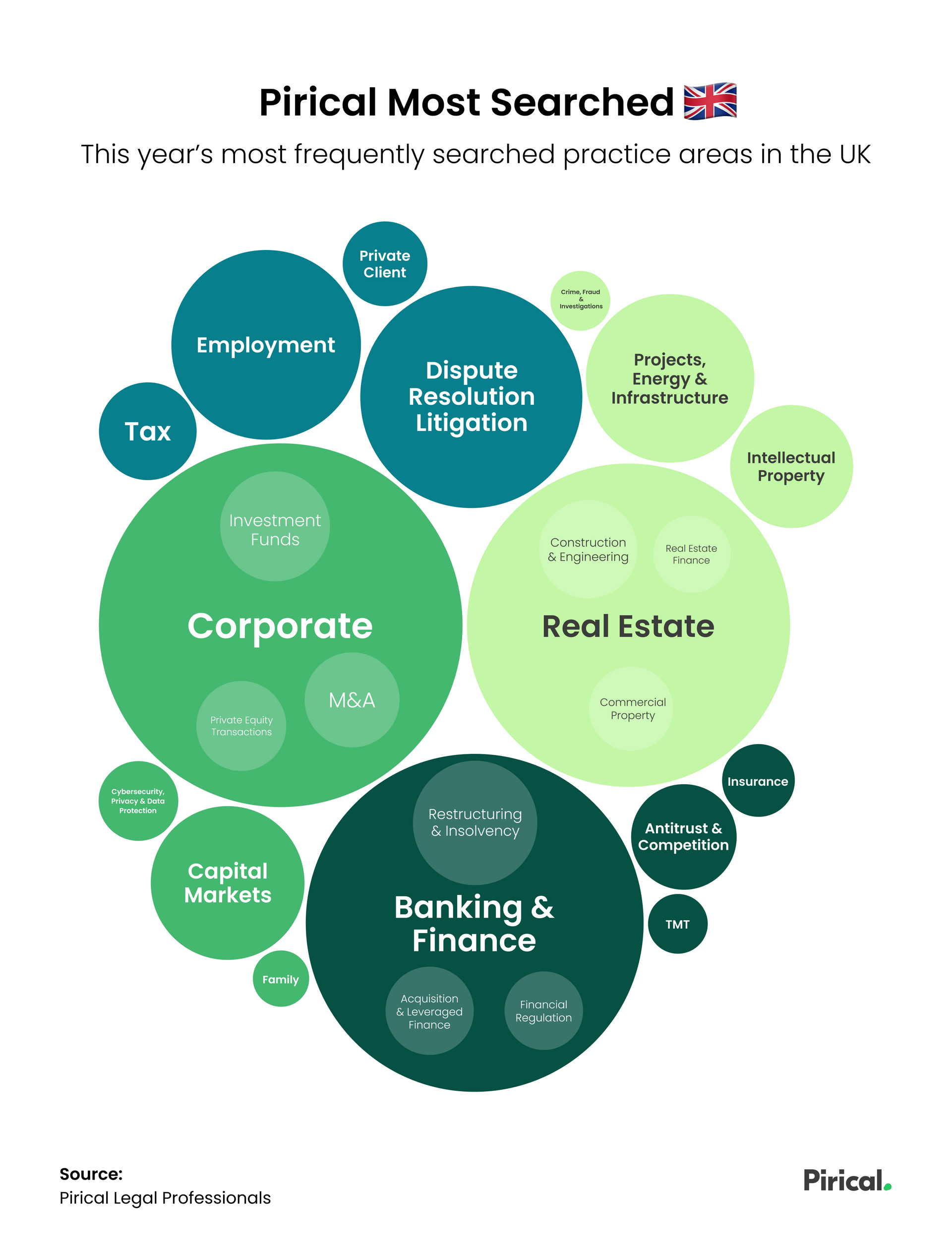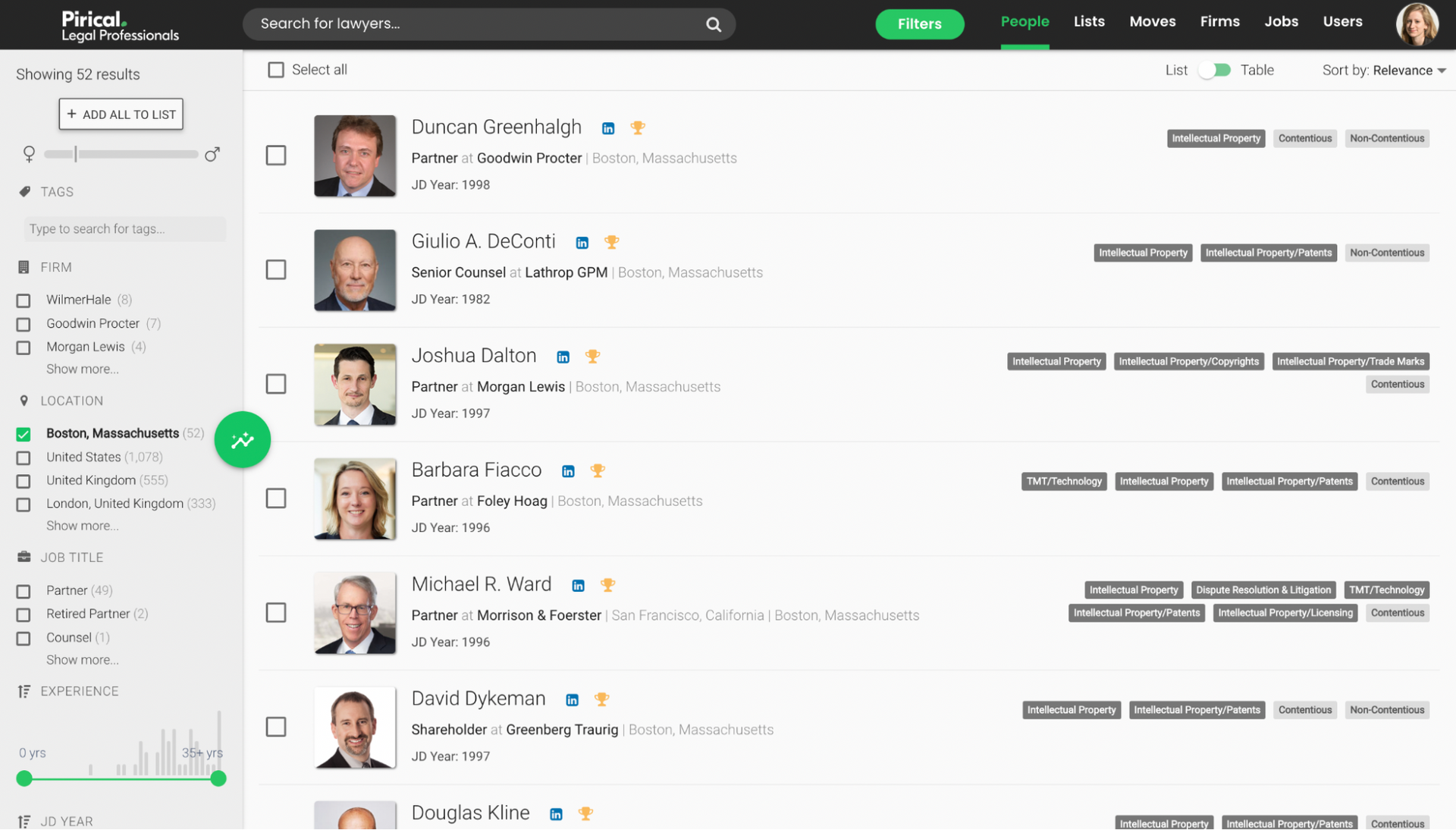Advancing DEI & building a compelling firm identity: 5 key takeaways from our POD Pioneers event
From retaining talent to creating fairer and more inclusive places to work, law firms have no shortage of challenges. That’s why for our first POD Pioneers event, which took place last week, we wanted to look at the legal profession’s biggest problems – and uncover practical ways to solve them.
It was one of our most compelling sessions yet. Across a set of fascinating talks and panels, we invited people leaders from across the industry to explore the good and the bad, diving deep into notoriously tricky areas like data, employer value propositions and getting people engaged with DEI.
Now that the dust has settled, we’ve assembled our five key takeaways from the day. (Since the session was held under the Chatham House Rule, we’ve anonymised all speaker quotes.)
1. DEI succeeds when it’s collegial
If you work in people management, you’ll probably know how hard it is to get other teams involved with diversity. All too often DEI feels cut off from the rest of the business, even though it really blurs into everything. That’s why it helps to “bring everyone into the fold,” as one of our speakers said.
Creating this sense of shared responsibility is about making every colleague, regardless of level or business function, feel like they have a stake in making things better. And that doesn't just mean fee-earners; it applies to IT, marketing, business development, personal assistants and more. While your people team sets the strategy, everyone else makes it happen.
The same collegial spirit should extend beyond your organisation too. So share what you’ve learned with other firms, especially if your DEI work has been successful. As stated by one of our speakers, “We don’t gain anything by being the only place to have reached this pinnacle."

2. Avoid a blanket approach to data
With diversity metrics, it can be tempting to talk in more general terms. And while firm-wide stats have their place, issues tend to play out in a more granular way. With more tailored insights, you can invest resources in the right places and drive real change at a practice group level.
Let’s say your firm has a problem keeping female staff. Even if a certain office looks like it's bringing the wider firm’s retention stats down, there may be more to it than that. The issue could actually be down to a specific practice group within that office, while other teams in the same place are performing well.
By drilling into the detail, you can avoid tarring everyone with the same brush. Not only do nuanced insights allow you to be more targeted, they also mean you don’t “lose credibility” internally, as one of our speakers put it.

3. Be mindful in the way you share information
Even though granular data can be more useful, you still have to be careful with it. Many teams choose to include summary sheets when they’re presenting data, depending on who they’re putting it in front of, rather than sharing the figures as they are. “We don’t want to overwhelm [people],” one of our speakers said. “You need to have context.”
So sharing DEI data involves a level of tact. Introducing material in a positive way, by giving credit where it’s due, can soften the blow when you broach a practice group’s shortfalls. Praise goes a long way in other areas too, since so many legal professionals don’t feel confident around DEI more broadly.
Tact is particularly important when clients ask about DEI. So for lawyers who are less fluent on the topic, it’s worth providing them with a few high-level talking points. But that doesn’t mean you shouldn’t hold someone to account if they haven’t addressed a specific client request. Your department can help, but their client is still their responsibility.

4. What’s pushed externally has to be true internally
As with diversity, you need to think carefully about how you express what your firm stands for. An employer brand isn’t something you can just make up. What’s more, misguided messaging can undermine how your organisation is perceived internally too.
So when you set out to craft your employer value proposition, it’s worth doing enough work up front. That means holding focus groups, carrying out internal surveys and poring over Glassdoor reviews, so that your messaging is grounded in what your workforce actually thinks. “You’ve got to be able to articulate what your staff will recognise as true,” one of our speakers said.
Still, the DNA of your organisation may not always live up to your principles – and that’s okay. As one of our speakers explained, not everyone will have the same experience all the time. But if 90% of your staff experience something close to what you’re aiming for, it’ll be clear that your employer brand has grown out of a kernel of truth.

5. Law firms have to work harder to stand out
For a long time, lawyers have accepted the late nights, the weekend work and all the other sacrifices involved in the job. Why? Because in exchange, they get compensated extremely well, with salaries that beat out most other sectors.
Yet many law firms still have serious retention problems. What’s interesting here is that when it comes to salaries and benefits packages, many leading firms simply offer the same as their competitors. But with so little variation, it can be hard to stand out.
One way you can do better with talent acquisition is by bringing your culture to life with the help of advocates from inside your organsiation. As one audience member explained, producing a company podcast series is a great way to do this, since it gets real, human stories out there in a format that applicants engage with.
In a way then, both DEI and employer brand initiatives have a lot in common. They’re both about listening to staff, getting everyone involved and striving to make your firm more human.
What is Pirical On Demand (POD)?
Pirical's people analytics software equips law firms with the HR, rewards and diversity data they need to make smarter and fairer people decisions.
HR data is messy, hard to analyze and difficult to distribute to people leaders. With Pirical On Demand, it's a lot easier for people leaders to get value out of it, without the need for an army of analysts and engineers. With Pirical, you can save time, get people engaged and take a more sophisticated, data-driven approach.
Subscribe to the latest data insights & blog updates
Fresh, original content for Law Firms and Legal Recruiters interested in data, diversity & inclusion, legal market insights, recruitment, and legal practice management.
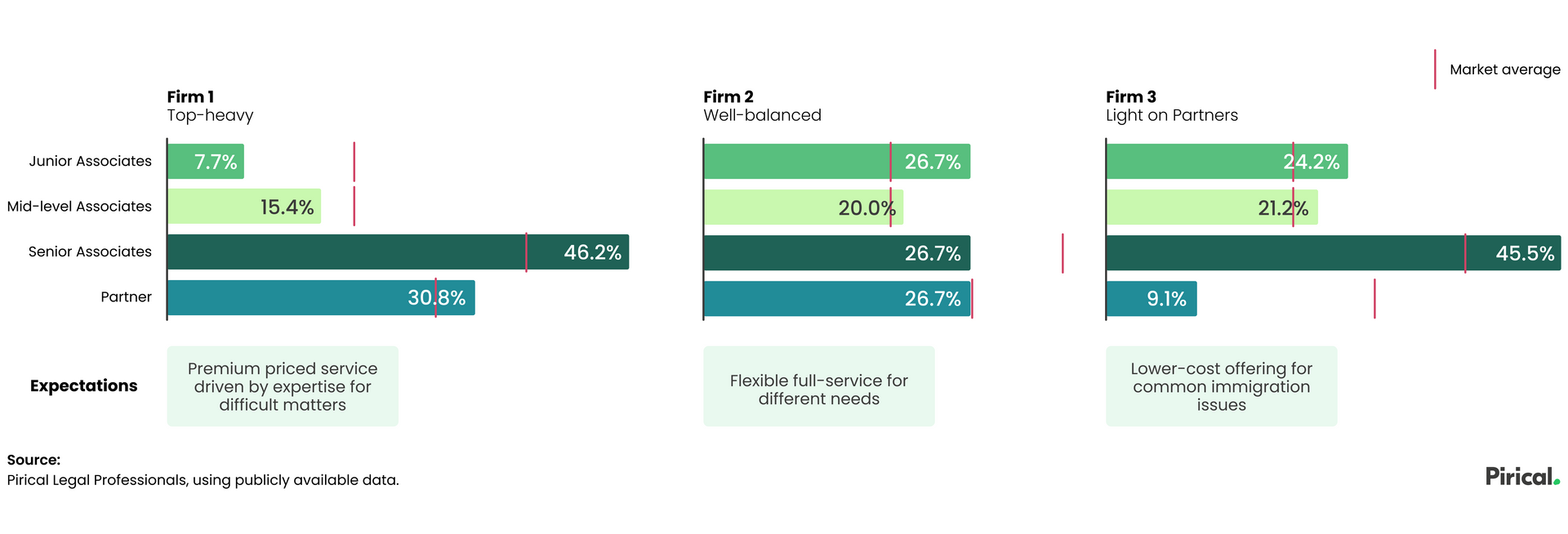
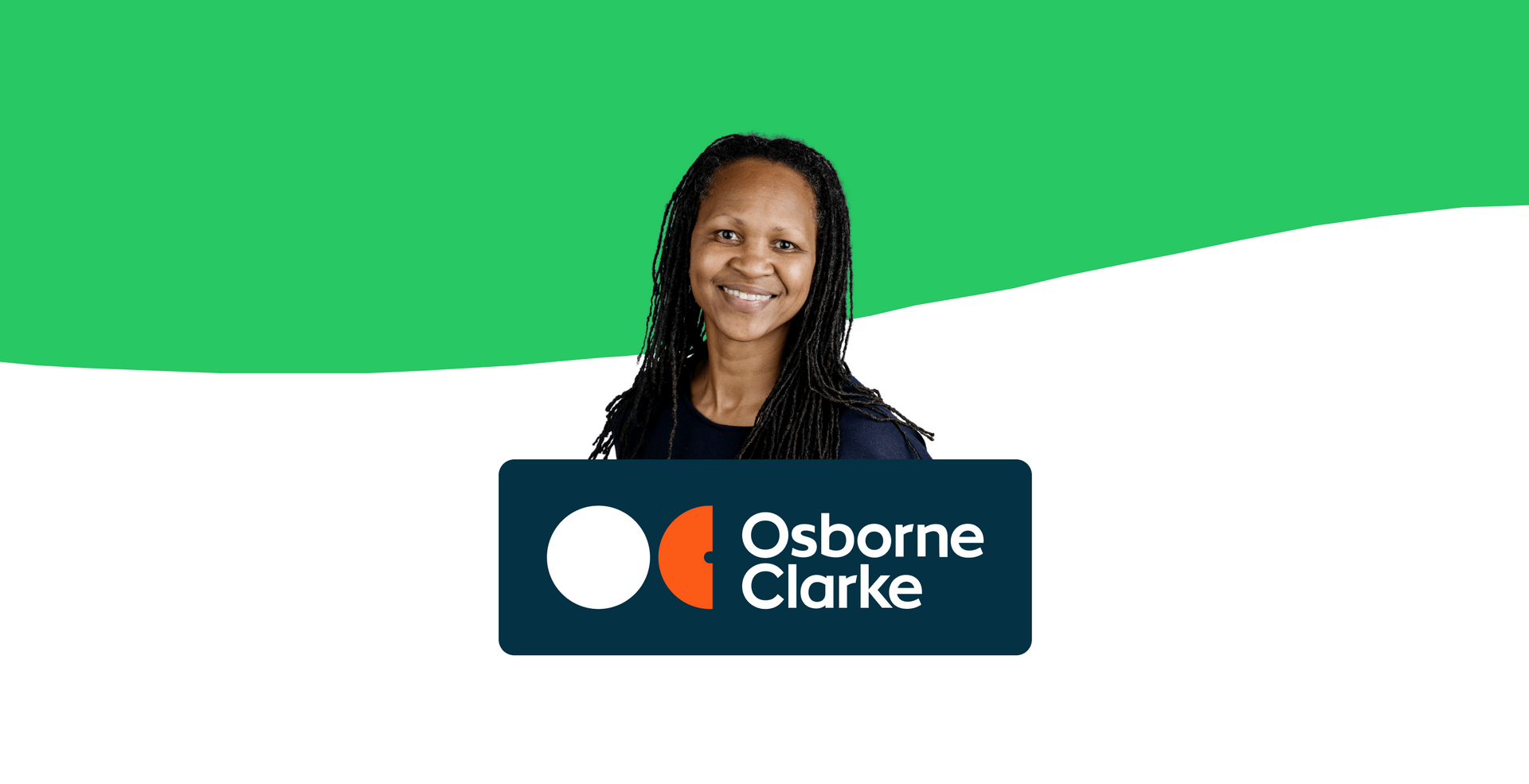
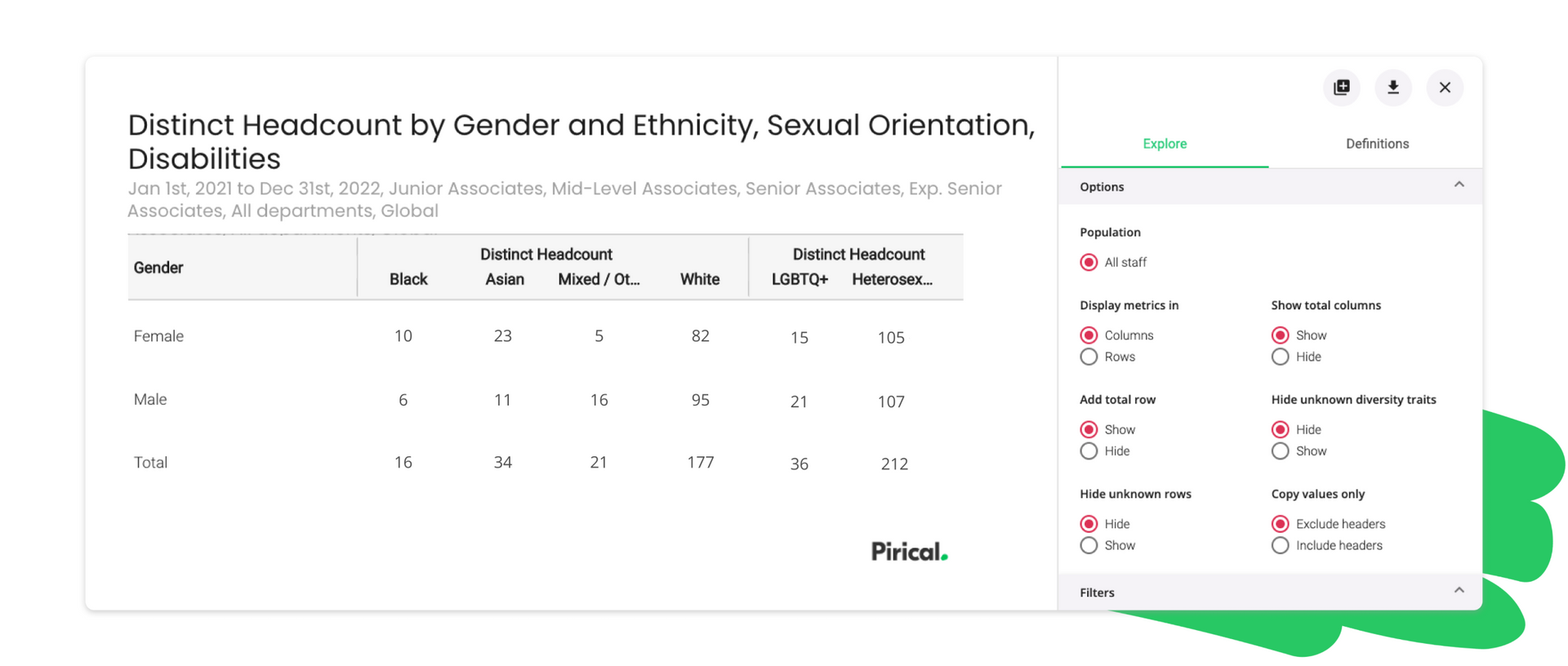
Products
Pirical
81 Paul Street
EC2A 4NQ
info@pirical.com
Copyright Pirical
2024
Certified by
Cyber Essentials Plus

